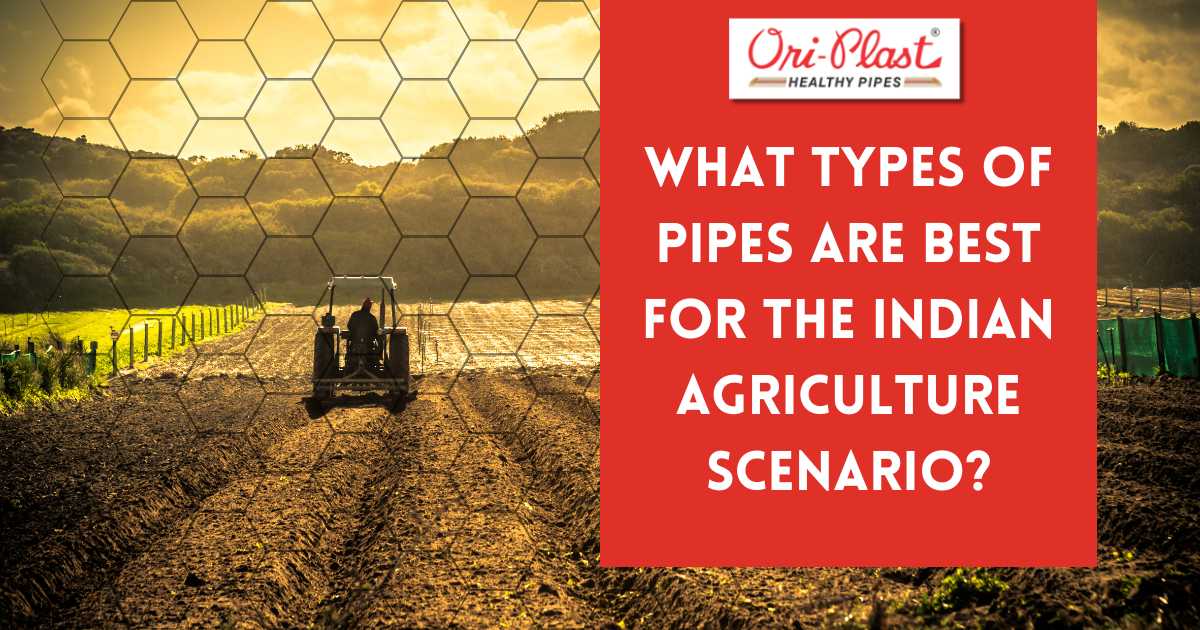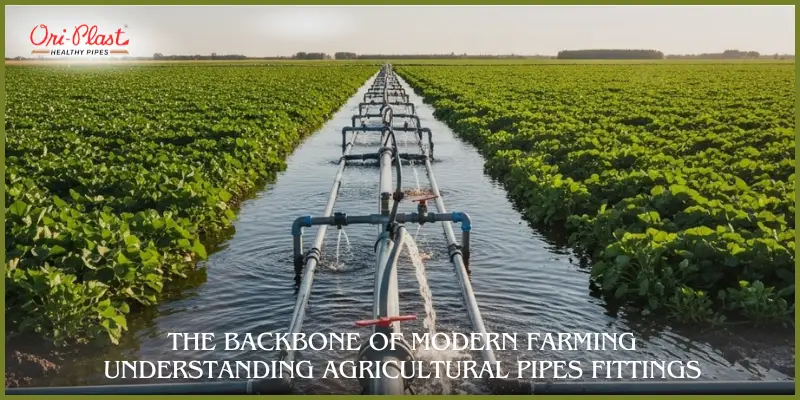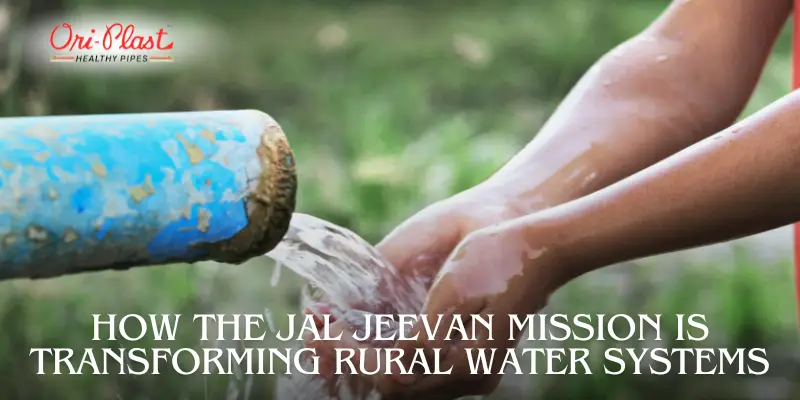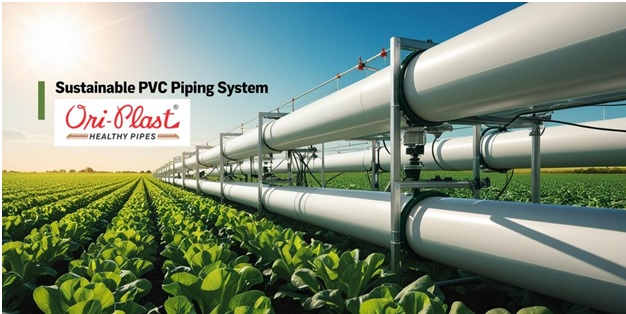Indian agriculture has been the backbone of the nation for centuries, and it continues to play a pivotal role in the country's economy. The right irrigation system is crucial for the success of agriculture in India. In this article, we will delve into the world of agricultural pipes, exploring the different types and helping you understand what works best for the Indian agricultural scenario.
The Importance of Choosing the Right Agricultural Pipes
Agricultural pipes are the unsung heroes of farming in India. They play a critical role in ensuring that crops receive the necessary water supply for optimal growth. The choice of pipes can impact the efficiency of the entire irrigation system. To make an informed decision, let's look at the most common types of agricultural pipes used in India:
1. Polyvinyl Chloride (PVC) Pipes
PVC pipes are a popular choice among Indian farmers for several reasons. They are lightweight, easy to install, and cost-effective. PVC pipes are also known for their durability and resistance to corrosion. These pipes are perfect for low to medium-pressure irrigation systems.
2. High-Density Polyethylene (HDPE) Pipes
HDPE pipes are another common choice for Indian agriculture. They are well-suited for high-pressure irrigation systems and can withstand harsh weather conditions. Their flexibility makes them easy to handle, reducing the need for additional fittings.
3. Galvanized Iron (GI) Pipes
GI pipes are known for their strength and ability to handle high water pressure. However, they are heavier and more expensive compared to PVC and HDPE pipes. They are ideal for large-scale irrigation projects.
4. Drip Irrigation Pipes
Drip irrigation has gained popularity in India due to its water-saving capabilities. Drip irrigation pipes are designed to deliver water directly to the plant's root zone, reducing wastage. These pipes are typically made of PVC, making them a cost-effective choice for smaller farms.
Factors to Consider when Choosing Agricultural Pipes
Selecting the right type of agricultural pipe is not a one-size-fits-all decision. Several factors come into play:
a. Water Quality
The quality of water in your area can affect your choice of pipes. If the water contains impurities or chemicals, it may corrode certain pipe materials. PVC and HDPE pipes are known for their resistance to chemical corrosion.
b. Budget
Your budget is a significant consideration. PVC pipes are the most budget-friendly option, while HDPE and GI pipes may require a more substantial investment. It's essential to strike a balance between cost and durability.
c. Terrain and Field Size
The size of your farm and the terrain also play a role in your decision. PVC pipes are easy to manoeuvre and install, making them ideal for smaller farms. GI pipes may be more suitable for extensive, high-pressure irrigation systems.
d. Maintenance
Consider the maintenance requirements of the pipes. PVC and HDPE pipes are relatively low-maintenance, while GI pipes may need more attention due to their susceptibility to rust.
e. Environmental Impact
It's crucial to consider the environmental impact of your choice. PVC pipes are recyclable and eco-friendly, making them a sustainable option.
The Best Pipes for Different Indian Agricultural Scenarios
1. Small Farms with Limited Budget
For small farms with budget constraints, PVC pipes are an excellent choice. They are cost-effective, easy to install, and suitable for low to medium-pressure irrigation systems.
2. Large-Scale Irrigation Projects
For extensive projects requiring high water pressure, GI pipes are a reliable option. They can withstand heavy use and are ideal for large-scale agriculture.
3. Hilly Terrain and Challenging Environments
In hilly terrain or areas with challenging environmental conditions, HDPE pipes shine. Their flexibility and durability make them a top choice for such scenarios.
4. Water-Saving and Precision Irrigation
Drip irrigation pipes, typically made of PVC, are perfect for precision irrigation, especially when water conservation is a priority.
Conclusion
In the vast and diverse landscape of Indian agriculture, the choice of pipes plays a pivotal role in ensuring bountiful harvests. While there is no one-size-fits-all solution, understanding the different types of agricultural pipes and considering factors like water quality, budget, terrain, and maintenance can help you make an informed decision. Whether you're a small-scale farmer or managing a large irrigation project, the right choice of pipes can make a significant difference in the success of your agricultural endeavours.
Selecting the best agricultural pipes for your needs ensures that your crops receive the water they need, leading to a prosperous and sustainable future for Indian agriculture.




